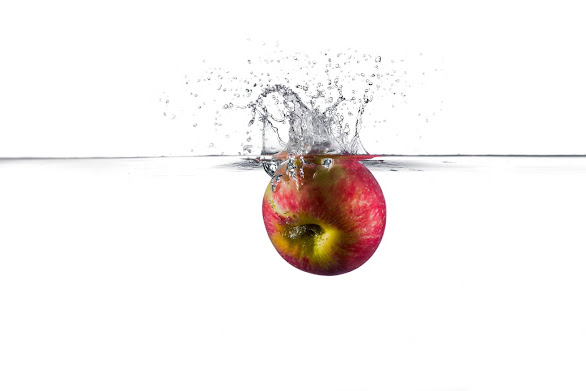This week do I have some homework for you, but we will get to that! Let’s talk about your brain chemicals, aka neurotransmitters, and how to help manipulate them, how to get the most out of those chemical reactions and to help you feel amazing! Today we are going to talk about the top 2 everyone knows, but let’s discuss why they are important and how these chemicals dictate our emotions, moods, and thoughts. Because, as Bodytomy states, since there are 100,000 of these chemical reactions happening in the brain every single moment, so it’s pretty important we help give them a boost!
Serotonin, commonly known as the happy chemical, is found mostly in the digestive tract, and is considered to be a mood stabilizer. The amino acid tryptophan (which is found in cheeses, nuts, and meats) is used in the creation of serotonin, which in turn affects our emotions. When we are getting enough of this essential amino acid it, in turn, properly regulates serotonin levels. Our body is able to keep our moods regulated and help us feeling happy. It’s also good for bone metabolism and eye health, and fun fact, it is also what creates that “gut feeling”.
Dopamine helps us to feel excited, controls emotional responses and movement as well as our bodies ability to feel pleasure and pain. When dopamine receptors are not firing properly or there is an imbalance one can start having long term psychological damage and can be affected by Parkinson's disease, attention deficit hyperactivity disorder, schizophrenia, and Tourette's syndrome. This is also your “reward” system. When we do something that we deem good, our brain releases dopamine as a way to show that approval. After we have worked hard to get that promotion, buy a new car, make a new milestone in our fitness goals, all of these release this neurochemical and give us that dopamine high. The biggest thing to watch out for however, is this is also what leads to burnout. Dr. Huberman of Huberman Labs at Stanford University did an interview with Ed Mylett and said that when we are chasing that big end goal, we often feel a massive letdown at the end as it never “feels” the way we expected it to and crash; but if we can learn to give ourselves this small reward, like being proud of yourself when you go for that first run, or even the tenth run, when training for that marathon, you will find you have that boost throughout and the end reward will be more pleasing.
These neurotransmitter sends signals through-out different nerve endings by an electrical pulse connecting the two synapse. When these neurons cannot connect to each other because we have low levels of any one of these brain chemicals, or drug use has deteriorated their ability to connect (and this can be prescription drugs such as antidepressants OR illegal drugs that over stimulate your brains activity like heroin) it’s very common for people to start feeling depressed or anxious, cause insomnia, or slow our digestion (for why this is so bad, look back to weeks 5 and 6). If you do any further research on either of these neurotransmitters, one of the TOP things you will see repeated over and over is that when these chemicals get way out of balance, depression and anxiety are what people experience the most. This is serious, so we need to help ourselves along so we don’t unkindly make ourselves struggle more.
These internal imbalances can cause discombobulation throughout our lives. Now, unlike many of the other imbalances we have already talked about (such as with our digestive track or your liver which can take a long time to both create then heal) these happen often and on a regular basis. How often through-out the day do you find yourself feeling happy in one moment and then cranky, intolerant, and lacking patience the next? (or maybe that’s just me…) The good thing is, there are easy and natural ways to help maintain this balance. (This is not to say that if you have a serious problem to try and meditate your way out of it, be sure to get proper help, please!)
So let’s talk about your homework- find a way to boost these brain chemicals! Medical News Today and Better Help state that meditation, regular exercise, and healthy foods, getting enough sleep, playing songs that make you happy, or just literally hugging someone you love or a pet can all help to regulate these brain chemicals. Your homework this week (or really every single day of your life) is to find something that makes you happy each day and do it for at least 10 minutes, but more if you can! Go for a walk in the fresh air, spend time with your loved ones, read a book, journal, eat a really amazing meal and truly enjoy it! Life is meant for the pursuit of happiness, so by golly go pursue some freakin’ joy!!
For some really fantastic and more in-depth information on different brain chemicals and how they work, check out Dr. Andrew Huberman of Huberman Labs at Stanford University (whom I mentioned a couple of paragraphs ago) on Instagram or one of the many podcasts he has given interviews. He has sat down with everyone from Joe Rogan to Jay Shetty and describes, in layman’s terms, the intricacies of these chemicals and how you can put them to use in your daily life!






